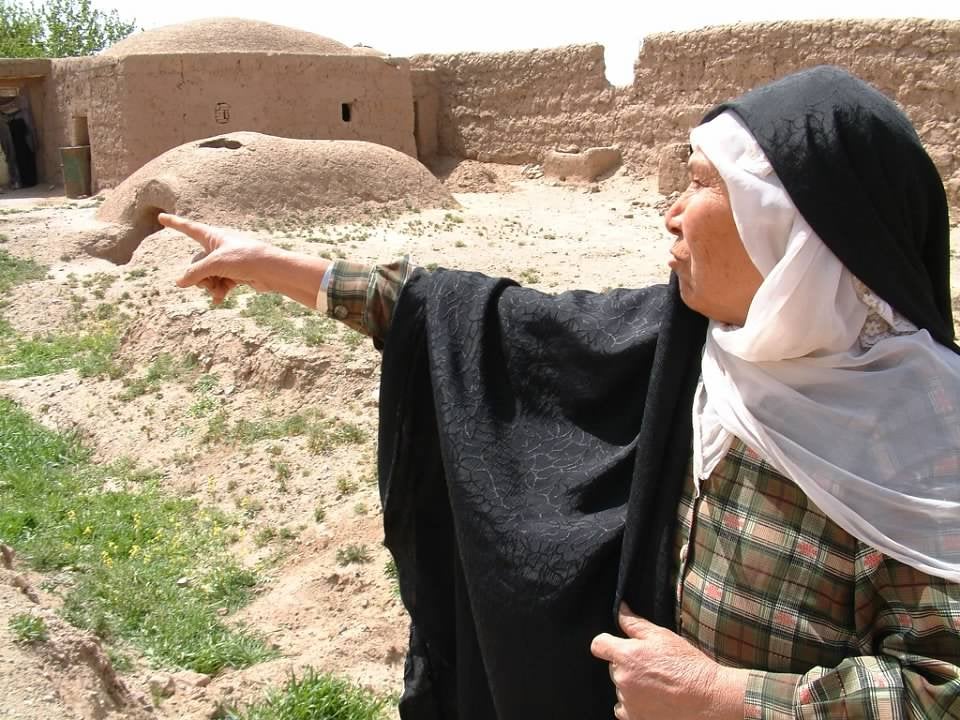I first visited Afghanistan two decades ago – there were signs then that events could turn out like this
Beneath the relatively placid surface dangerous undercurrents were already in motion, writes Borzou Daragahi


I first visited Afghanistan more than 19 years ago, crossing the Iran-Afghan border on foot and taking a taxi to the western city of Herat. It was just a few months after the toppling of the Taliban regime at the hands of Nato and the constellation of militias known as the Northern Alliance.
The city had little electricity, running water, and little by way of a functioning economy. The roads were pockmarked, and the buildings were crumbling. But the markets were full of sparkling fruits, and the streets bustled with energy. There was a spirit of hope in the air. It was springtime, and in the afternoons children – including girls – dressed in school uniforms filled the dilapidated roadways. Maybe, just maybe after what had been 25 years of war and instability, Afghanistan had a chance.
But even then there were clear signs that Afghanistan’s 20-year experiment in western-backed pluralism was doomed. Just barely beneath the relatively placid surface, dangerous undercurrents were already in motion.
Combat operations were largely over but airstrikes were continuing, with civilians still being hurt by attacks on their homes that angered and baffled them. The sole western presence on the ground was a CIA outpost in a forbidding and heavily protected hilltop compound. “Information?” said the pudgy, sun-burnt American who pulled up in an all-terrain vehicle when I knocked at the gate. “We don’t give out information. Not even to ourselves.”
Herat and surrounding provinces were ruled by warlord Ismail Khan, an imperious mujahideen commander widely feared for his brutality and considered corrupt by many of his constituents – with access to so much cash, guns and men he could largely ignore the government in Kabul.
One day, following up on a tip, I took a taxi to a village on the city’s outskirts. Inside a house a man was writhing in pain. He said Khan’s men had taken him and tortured him for days, beating him on the soles of his feet and demanding that the ethnic Pashtun man confess to being a Taliban insurgent. He told them he was a simple farmer, and had never held a gun in his life. Khan’s men ultimately believed him and let him go.
I recall that there were very young boys sitting in the house, watching their father squirm in agony, and I wonder if they were among the Taliban fighters who just took over the country from the Americans and the likes of Ismail Khan.
Yours,
Borzou Daragahi
International correspondent



Join our commenting forum
Join thought-provoking conversations, follow other Independent readers and see their replies
Comments